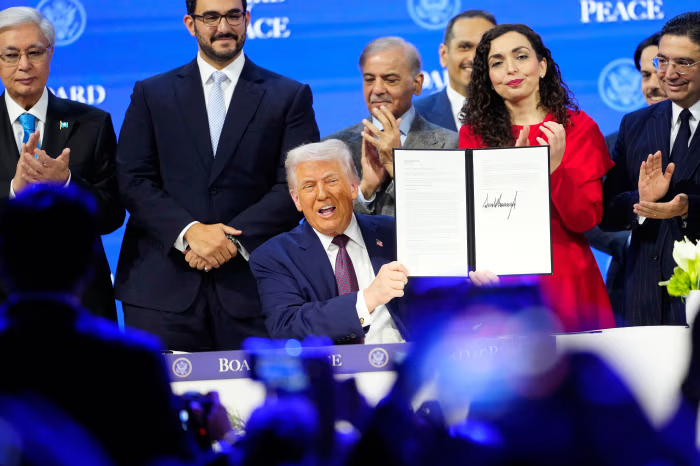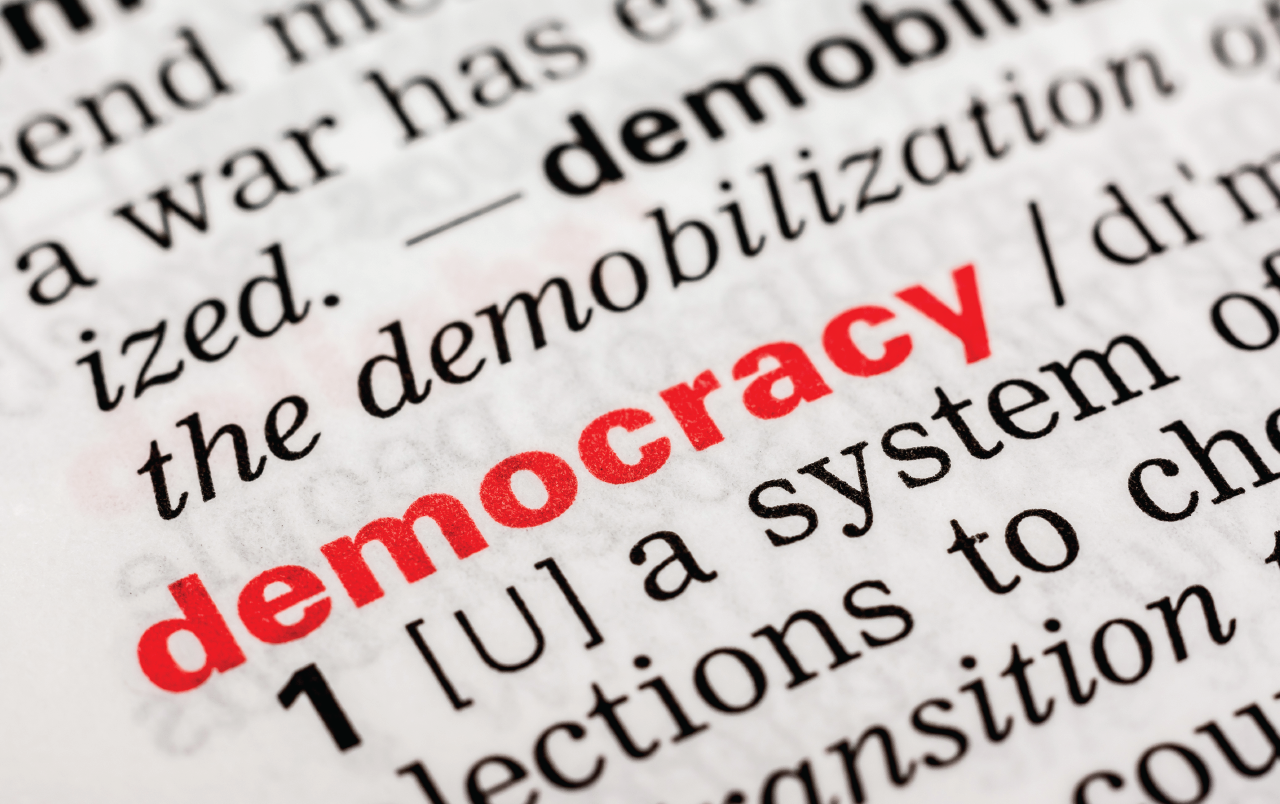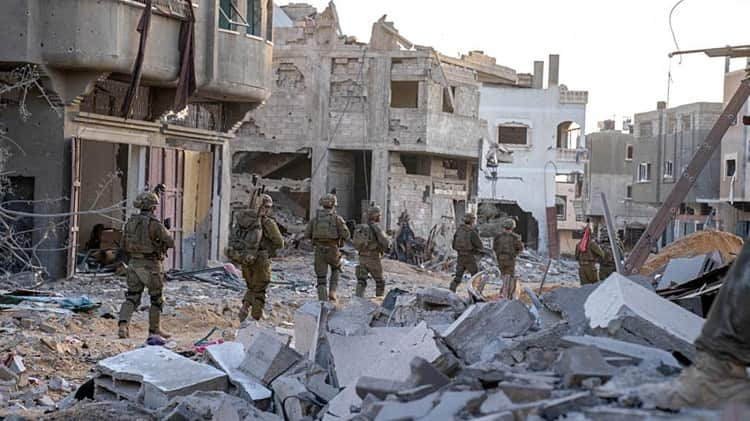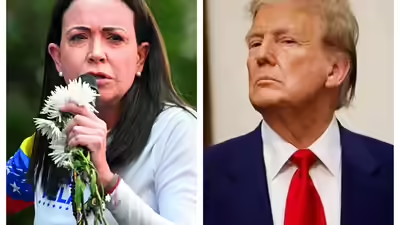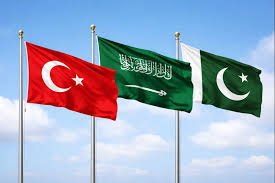Editorial
Pakistan’s long fight against polio has been marked by determination, resilience, and slow but steady progress. Once overwhelmed with over 20,000 polio cases annually, the country is now on the brink of achieving what once seemed impossible: total eradication of the virus.
Between 2021 and 2022, Pakistan went 15 months without a single reported case — a remarkable achievement that demonstrated the potential of robust surveillance, community engagement, and consistent vaccination. Even as challenges resurfaced in 2023, especially in parts of Khyber Pakhtunkhwa and Karachi, the response was swift and focused. Strengthened immunisation campaigns and localized strategies have helped Pakistan contain the virus’s spread and continue to build immunity among children.
One particularly hopeful sign is the apparent elimination of the YB3C virus cluster, which hasn’t been detected since November 2023. This reflects the success of targeted immunisation efforts and the growing reach of one of the world’s most advanced polio surveillance networks, spanning 127 locations across the country.
Pl subscribe to the YouTube channel of republicpolicy.com for quality podcasts:
Still, there is no room for complacency.
Polio remains a threat, especially as environmental samples in some districts continue to show the virus’s presence. And while the number of paralytic cases is low — thanks to repeated vaccination efforts — the virus remains dangerous and unpredictable. Parents may question the need for continued vaccination, but the answer is clear: only high immunity can break the virus’s chain of transmission.
This is a national moment. From frontline health workers — including over 225,000 courageous women — to digital tools tracking missed children, Pakistan’s fight against polio is stronger than ever. With continued government leadership, community trust, and global support from partners like Rotary International, Pakistan can defeat polio in 2025.






